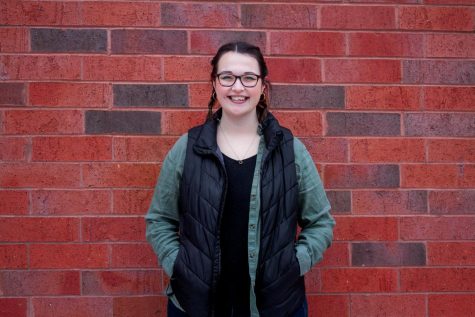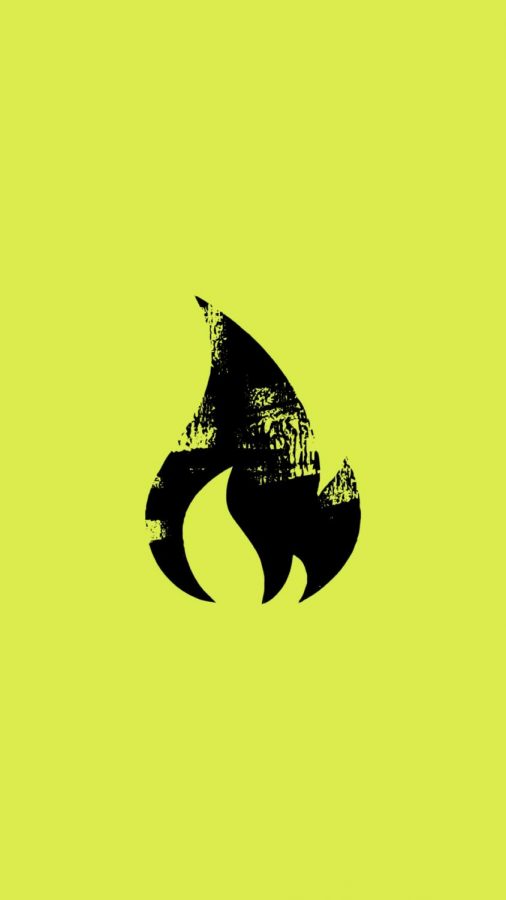A new chapter of LIT has been established at UW-Eau Claire
Leaders Igniting Transformation has just started bi-weekly meetings to discuss change on campus
A brand new chapter of Leaders Igniting Transformation has started at UW-Eau Claire.
Stephanie Hoeksema, a fifth-year Latin American studies and elementary education student and the president of the UW-Eau Claire chapter of LIT, said LIT is an independent, non-profit organization created in 2017.
LIT is a statewide coalition of student leaders across various UW System campuses, high schools and other colleges in the state, Hoeksema said. They work on collective strategizing, power mapping and direct action on issues that are important to them.
She said LIT has worked to establish official chapters or student organizations on each of the campuses they present on, which are open to students and community members interested in organizing.
“It initially was based in Milwaukee, WI, building political power amongst Black and brown youth in the state,” Hoeksema said.
They are building and mobilizing Black, brown and young leaders across the state, Hoeksema said. They are seeking to grow its community of young organizers and activists that are stepping up to make the changes they want to happen.
This week, it participated in its first LIT Lobby Week to advocate for the values within the State of Wisconsin Legislature, Hoeksema said. As an organization, they are meeting with 17 legislators across the state to grow support for its work and its students.
For more about LIT, visit their website.
Silviana Amethyst, assistant professor of mathematics, is the faculty advisor of the UW-Eau Claire chapter of LIT.
Amethyst’s role is to empower the student to take on pursuits and to make the changes they think are important. She wants people to understand this is all about what the students want.
“I am not the one driving the change,” Amethyst said. “I’m the one to help facilitate what the students want to do.”
Some of the changes LIT is looking to make on-campus involves transformative justice, community care and the abolition of a policing system that systemically targets and inflicts trauma onto marginalized individuals and communities, Hoeksema said.
“We want systems of public safety that don’t criminalize students but work to protect our health and well-being,” Hoeksema said. “We believe in a vision of public safety rooted in equity and justice.”
Another subject of change they are discussing is better resources for students on campus, especially for students with backgrounds that have been historically excluded and marginalized, Hoeksema said.
At UW-Green Bay, the LIT chapter recently got its student wage on campus increased from $7.25 to $12 as well as made changes so that campus leaders are now instructed not to contact campus police for wellness checks, Hoeksema said.
Instead, there is a collaboration between the counseling/health center and residence life to do wellness checks on students, Hoeksema said.
“We are thrilled by these massive victories and believe there is no reason these changes can’t be implemented at UW-Eau Claire as well,” she said.
Hoeksema said having a UW-Eau Claire-specific chapter is important because when students work together, they can share knowledge and resources to achieve the change they want.
As students, they know what their needs are and recognize how they’re not being met by an institution, Hoeksema said.
“It is absolutely critical for us to come together to address the impacts of these issues at a campus level,” Hoeksema said.
As a brand new student organization with a unique mission to center student power and potential, LIT recognizes and honors everyone’s contributions to justice that look different and they are there to engage its collective energy and forces, Hoeksema said.
“Student power has been historically stripped and diminished systemically precisely because it is such an influence to be reckoned with,” she said.
The local chapter has only met twice since the start of the semester, Amethyst said.
Hoeksema said meeting and working with other students has been the best part of their work.
“It has been a gift to start the process of gathering and engaging young leaders on this campus,” Hoeksema said. “There is so much to be done since we are building new networks from the ground up, but we are so excited about the engagement we’ve had and all we have accomplished during the pandemic.”
LIT has meetings every other week from 4 to 5:30 p.m. on Thursdays. If weather permits, meetings will be held at the amphitheater at the end of the footbridge that crosses the river, over by Schofield. Otherwise, meetings are held virtually.
On the weeks they don’t meet as a chapter, they try to boost other opportunities for members to get involved on-campus or in the community, Hoeksema said.
Interested students can show up to the meetings, Amethyst said. There’s only one more meeting left in the semester, but they are still welcome to join at any time.
For more information, contact Amethyst or Wolff through the organization’s social media outlets. Stay up to date with its work on Instagram.
Lunderville can be reached at lunderar0406@uwec.edu.

Amira Lunderville is a fourth-year English student. This is her second semester on The Spectator team. In her free time, she enjoys collecting more books than she needs, reading said books and binge-watching addicting T.V. shows.


